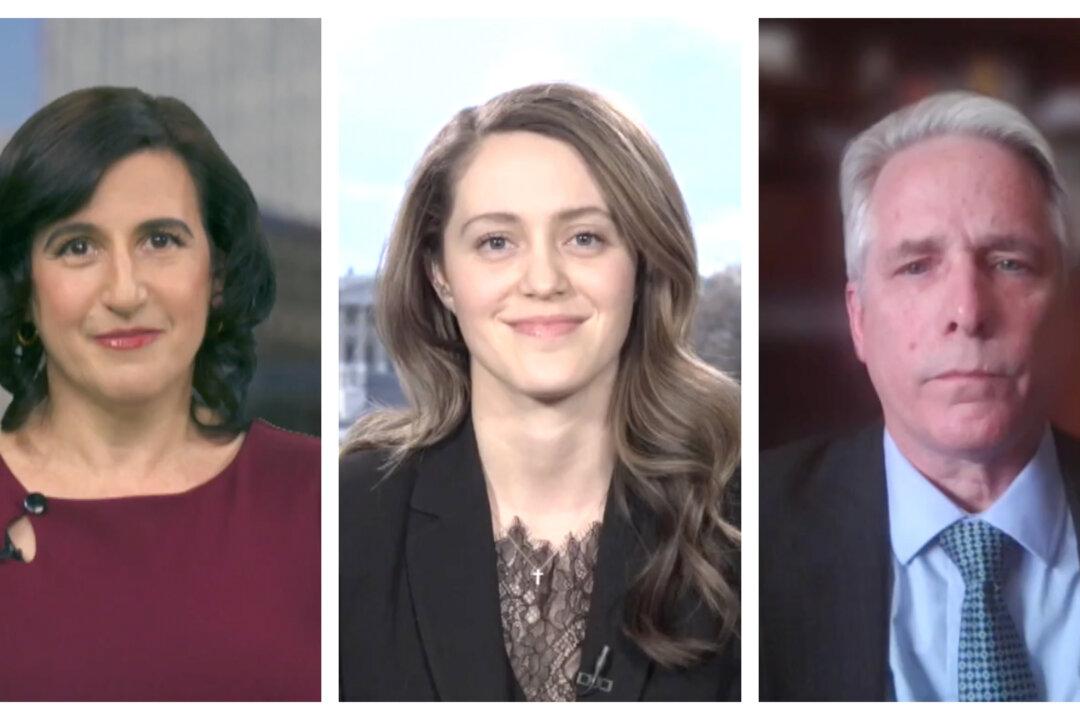A group of Christian doctors has sued the state of California over being forced to participate in physician-assisted suicide. One of the doctors said a newly amended law is a political agenda that goes strongly against his faith and will lead to all sorts of problems for patients.
“I believe this is a political agenda, and it shouldn’t be crossing over and becoming an issue that’s interfering with doctor-patient relationships,” Dr. Leslee Cochrane told NTD’s “The Nation Speaks” in a March 5 interview. “And not to mention the frail, the sick, and the elderly, and how vulnerable that group of patients are. I think this is a tremendous disservice.”






